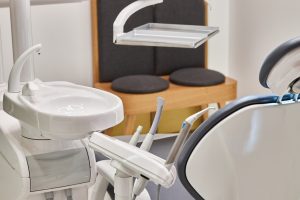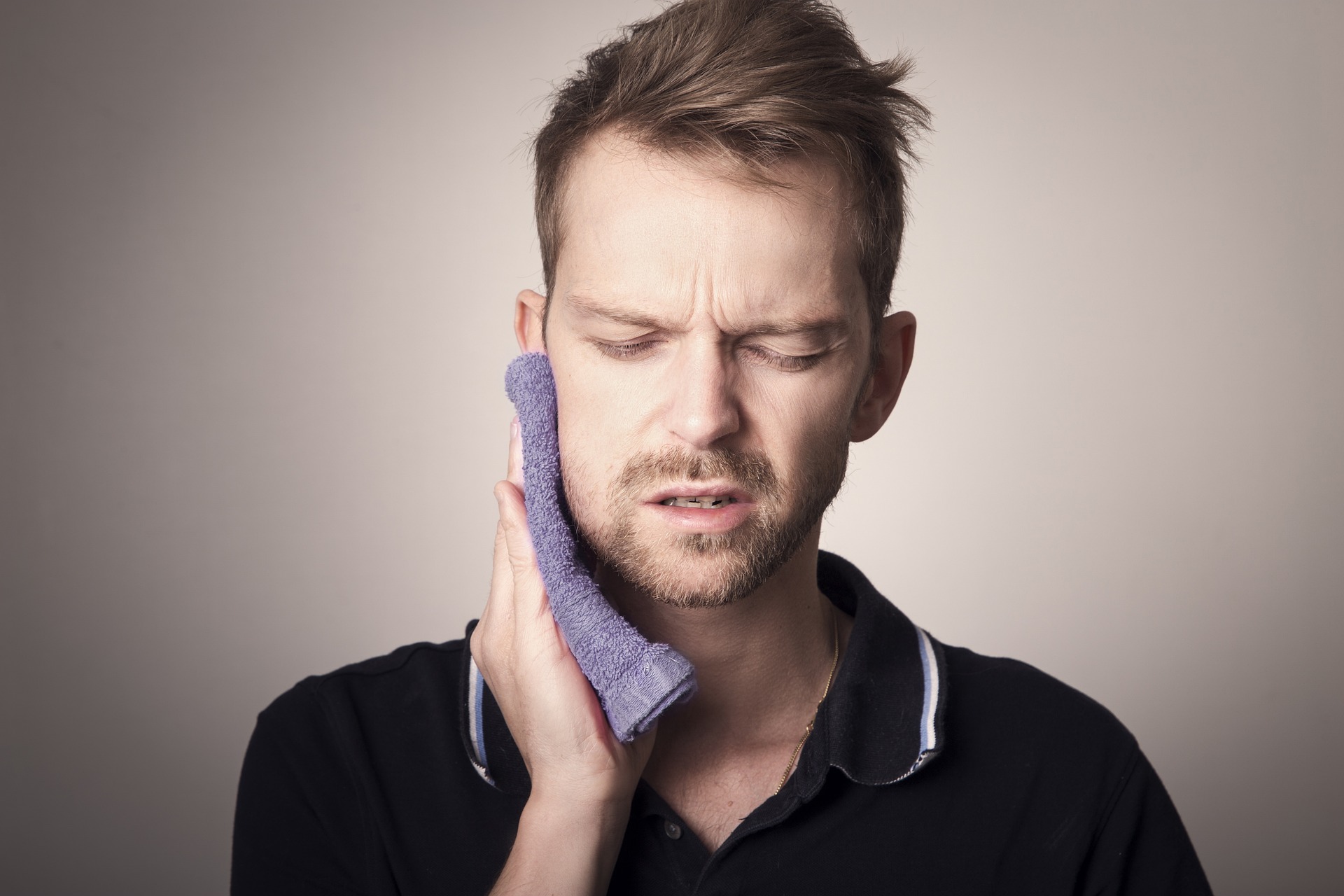Did you know that if your roof of mouth hurts, it can cause hindrance in your daily activities? Simple activities such as talking and eating could be tough to manage. If you have an underlying condition or infection, gulping a hot cup of coffee will instantly signal that it require medical assistance.
It can be very painful due to swelling and inflammation because of an allergy or infection. Some other irritants that aggravate the situation are dental trauma, certain food items, or smoking.
Table of Contents
Roof of Mouth Hurts
The roof of mouth hurts mostly due to inflammation from environmental triggers or systemic diseases. These can even irritate your mouth’s mucosal lining. Below are the top causes that will help you figure out why and when to see the physician:
1. Inflammatory causes
Did you know that your mouth helps protect against different toxic and pathogen substances? Which is open to inflammation due to different reasons.
Allergies
There are certain drugs that may react differently and could be life-threatening. The roof of mouth hurts because of drug reactions. Drugs used to cure epilepsy, infections, and mood disorders could trigger mucosal and painful skin reactions.
Infections
Bacterial infections are associated with painful blisters or sores. There are even chances of fungi that infect the damp, warm part of the mouth. Painful areas due to these fungi may range from patchy and red to white and creamy.
Gingivitis
Gingivitis or gum inflammation can result from poor dental cleanliness and bacteria formation.
Acute necrotizing ulcerative gingivitis (ANUG) is a rare condition where the gums are infected. It is also called a “trench mouth.”
Autoimmune
Systemic autoimmune attacks different parts of the body, like lupus and inflamed bowel disease, and has symptoms of mouth ulcer and soreness. Present with symptoms that affect the mouth.
2. Medical causes
Burning mouth syndrome is a syndrome with chronic pain that causes a burning sensation in the mouth. However, the cause is still not known.
Mucosal melanoma cancer is very uncommon that causes swelling in the gum, pain, and discoloration in the mouth ranging from blue, black, or brown.
3. Environmental causes
The liquids and food often first contact the mouth. If the roof of your mouth is affected, you may feel irritation in that area.
Irritants
Alcohol and tobacco are some serious irritants that affect the body. These cause serious irritation and may sometimes even lead to cancer. Alcohol and tobacco can cause excessive growth of the cell in the lining of the mucosal due to serious dehydration and irritation. This is the reason why the roof of mouth hurts.
Trauma
The most common causes of mouth ulcers are due to trauma. Trauma includes a direct injury, such as a blow or a fall to the face or mouth, but trauma can also occur from ill-fitting dentures, loose fillings, and even braces.
Diet
Different types of food can trigger the development of painful sores or lesions in the roof of the mouth. Foods that cause this include spicy or acidic foods like oranges, eggs, strawberries, and even chocolate. Diets that lack nutrients such as vitamin B12, vitamin C, folate, or iron can also result in pain localized to the roof of the mouth.

4. Acute necrotizing ulcerative gingivitis
Acute necrotizing ulcerative gingivitis (ANUG) is a rare condition that infects the gum and needs professional treatment. Some of its top symptoms can range from bleeding gums, bad breath, gum pain, gum swelling, and mouth pain.
5. Throat infection
Throat infection often causes due to common cold and influenza. The illness is contagious and can attack you if someone infected sneezes or coughs in front of you.
Smokers and children are more prone to this viral infection as they are more prone to such infection because of their weak immune systems.
The symptoms of throat irritation may include pain while talking or swallowing, swollen red tonsils, body aches, fever, runny nose, sneezing, and cough.
If the symptoms stay for more than 24 hours, you may have to see a medical professional. A persistent throat infection can even lead to serious illnesses like measles, mononucleosis, croup, or chickenpox.
The diagnosis is carried through a throat swab and physical examination.
And this needs to be treated with rest, pain relievers, and fluids. However, remember that you should never give aspirin to the younger ones. You cannot rely on antibiotics for a viral. They only help in treating bacterial infections. The best home remedy to prevent this is thorough and frequent handwashing.
6. Oral herpes
HSV-1 or oral herpes attacks due to a virus known as herpes simplex virus. These get transmitted by sexual conduct or having intimate relations like oral sex or kissing a person having active sores. The initial outbreak is very painful typically because of cluster mouth sores along with headache, fever, swollen lymph, and sore throat. However, these are very rare in nature.
7. Mouth Melanoma
Mucosal melanoma of the head and neck (MMHN) is cancer, which arises about 10% in the neck and head, and about 1% are all spreading melanomas. This type of cancer is very rare in nature among the elderly population with a poor prognosis.
The action needs to be taken immediately within 24 hours, and a biopsy will be conducted on your lesion for diagnosis.
One of the most common treatments for this condition is the surgical removal of the lesion. Radiation therapy may be recommended to you after the surgery for controlling the disease.
Some of its top Symptoms are gum pain, skin discoloration, changes, mouth rash, gum swelling, etc.
8. Gingivitis
The infection in the gums around the teeth is known as gingivitis. The tartar or plaque built up causes this infection. The food you eat forms plaque, like bacteria and mucus. And this plaque then hardens and becomes calculus or tartar. Tartar and plaque cause irritation and infection.
If you feel the hardness, consider getting an appointment with your dentist. The dental hygienist or dentist will then do a cleanup to remove the tartar or plaque. But that’s not it. There are some basic hygiene habits that you need to maintain after your visit. Like rinsing your mouth with an oral rinse or chlorhexidine 0.12%, then brushing and flossing plays an essential role.
9. Common cold
The most viral infection is the common cold. This is highly contagious that causes cough, runny nose, sore throat, and congestion. Most adults tend to catch almost three to four colds a year. Kids may get about eight colds a year.
The most common thing you can do is drink a lot of fluids and rest. Colds are highly contagious and could spread instantly, and we need to take precautions. You should try avoiding close contact, like kissing, shaking hands, and hugging. You should typically be fine within ten days.

10. Cold sore
Herpes, a cold sore or fever blister, also called a fever blister or herpes, is a cluster of tiny fluid blisters.
These Cold sores or herpes are caused due to simplex viruses known as HSV-1 and HSV-2. They are extremely contagious and can be transmitted by a direct contact like oral sex or even when the sores aren’t visible.
If you are someone who is sexually active, you are most susceptible to cold sores. However, anyone can be infected. These viruses can stay active on shared handkerchiefs, towels, utensils, etc.
Cold sore symptoms may feel like a burning or tingling sensation near the nose and cheeks or before the arrival of blisters. The symptoms may also accompany sore throat, fever, flu, etc.
These can easily be managed with the help of medical intervention and assistance.
The diagnosis of this type of infection is made via physical examination.
The cold sore will automatically heal on its own within a few weeks. However, it can recur anytime, as the virus is still active in your body. To help you with healing, you can use pills or antiviral creams.
11. Canker sore
Do you know about canker sores? These are tiny, grayish-white blisters or sores that can form within the cheeks, lips, and tongue. The causes are unknown for canker sore but are mostly due to inheritance and vitamin deficiencies.
These canker sores can easily be treated with the use of steroids like Ovar, Orasbase, or Betnesol and mouthwashes like Periogard or Peridex.
12. Burning mouth syndrome
Burning mouth syndrome (BMS) can be very painful that comes with burning pain or sensation, but its cause is still unknown. This happens mostly in women during hormonal changes. But there is no specific cause of this syndrome. It may be due to teeth grinding or tics, damage in dentures, autoimmune diseases, and infections.
This is very common in nature, but get it checked by your doctor so you can rule out all the other causes of the pain. If you have a burning mouth, there are few medicines that will be prescribed to cure your pain.
Some of its top symptoms may vary from tongue pain, dry mouth, change in taste sensitivity, and tongue pain.
How to get relief when roof of mouth hurts
Now that you know the causes, you are curious about its treatment, and that too, at how? Did you know that most of these causes do not require any treatment and can be cured with simple home remedies and dental hygiene? There are many over-the-counter painkillers and mouthwash to soothe the lingering pain. But why not try some home remedies before that?
Below are a few of the remedies that can help you ease the pain:
Mouthwash
The best mouthwash that you can make at home is by mixing ½ cup of lukewarm water with 1 tsp of salt. Use this mix as a mouthwash. Rinsing your mouth with this by keeping it for 30 seconds will work like magic for your pain. Try it out yourself!
Ice chips
Heard of ice chips? Sucking some ice chips can be a real painkiller by numbing the affected part. You can also apply some ice if you don’t wish to suck it.
Lifestyle change
Make a lifestyle change by drinking and eating healthy fluids and water-rich foodstuffs. Melons & coconut water are some great options to keep you hydrated and support your health.
Cleaning
It would be best if you also keep your dental hygiene on track by regular cleanups and washing your mouth after every meal.

When do you see a doctor for your mouth pain?
In the above explanation, you have understood the causes and symptoms of your mouth pain. But when should you see a doctor for your pain? Below are a few of the treatments that your doctor may suggest seeing your symptoms
Antifungals or Antibiotics: In case you have a fungal or bacterial infection, the doctor may prescribe you some specific medicine.
Anti-inflammatory medications: There are chances that you may get inflammation due to allergens and dermatologic conditions. And to treat this, the doctor may prescribe specific steroids and medications. These anti-inflammatory medications will then help to soothe the symptoms.
Treating underlying causes: Did you know that there may be chances where you may experience the roof pain due to systemic conditions? And these systemic conditions can only be treated with appropriate treatment and diagnosis.
Treatment to cure the roof of the mouth pain
Some common medical treatments that doctors use to treat uncurable mouth pain are as below:
You know, some cases get cured independently, but what if it doesn’t? With today’s growing technology, there are many newer ways to treat such cases, like laser therapy for removing warts or cysts.
Some common treatments are as below:
- Diflucan or fluconazole are some oral thrush medicines that doctors commonly prescribe
- Oral gels or medicated mouthwashes and pastes are prescribed for mouth burns and trauma
- Cryotherapy is also used to freeze warts and other types of growths
- Electrosurgery will be done when you have severe warts and cysts as the surgery destroys these cysts and warts using heat and electric currents
Final Thoughts
The pain in the roof of the mouth can be really painful and needs your attention. Hence, if it doesn’t cure on its own using home remedies, you should definitely visit the doctor and treat it accordingly. Rather than sitting on the thought about why the roof of my mouth hurts, take the necessary steps for its cure.

